Through understated storytelling and a stable and simple camera angle, director Anant Mahadevan strikes the balance of avoiding melodrama and telling the unfiltered, lived-in truth. Sequences of Jyotiba's confrontation with the upper-caste are quietly powerful, no jarring music or sensational words marking them. I believe the director also being the screenplay writer, has worked in the favour of the movie as the tone set with a single vision.
Mahatma Phule was one of the first Indian leaders who openly challenged the Brahmanical dominance and caste-based discrimination. He strongly opposed the idea that only the upper-castes were eligible for knowledge and power. In 1848, he started the first school for girls in Pune, along with his wife Savitribai. This was a revolutionary step at a time when educating women, especially those from lower castes, was unimaginable. The couple faced severe backlash from society, including from their own community, but they relentlessly kept going. They firmly believed that true progress could not happen without educating the oppressed and empowering women. Savitribai became the first female teacher of modern India. She not only taught girls but also fought hard against untouchability and child marriage. She opened up her own home to care for pregnant widows and worked tirelessly for women’s health, rights, and education. They established the Satyashodhak Samaj (Society of Truth Seekers) to promote social equality and fight caste oppression.
The average Marathi reader and some avid history readers from around the country know about this. And hence, when a biopic named 'Phule' is announced by Anant Mahadevan, we know what to expect. Hence, it leads to a 'Brahmanical protest', even before the film was released. But the protest was short-lived, as, when the movie came out, people realized its value. The movie didn't really open with a bang, but gradually the protests turned into admiration, and the film garnered popularity.
So what does the movie give you? A factual account of all major accomplishments and endeavours of the Mahatma Jyotirao and Savitribai Phule. It unflinchingly confronts some uncomfortable truths about 19th-century Indian society. It portrays an era when systematic education for the girl child was practically non-existent, widows were subjected to physical and emotional cruelty, and the 'Untouchable' community faced discrimination at the hands of upper-castes, especially Brahmins. And yet, it is far from sensationalism. It is very subtle, restrained and relatable while being truthful. And that is what doused the protests.
The story begins in 1897, when the bubonic plague was rampant in Pune, and it eventually claimed the life of Savitribai Phule (Patralekhaaaa). Here the narrative shifts into flashback, showing a young an curious Savitri was adamantly educated by her husband, Jyotiba (Pratik Gandhi), despite protests from his family and community. His own education had shown Jyotiba that Brahmins had unfairly kept the reins of society in their own hands by not allowing education for the people of 'lower castes'. He realizes that the social hierarchy is nothing but a convenient arrangement for the upper castes and an extremely unfair one for the 'untouchables'. He Jyotiba realizes that education, particularly for marginalized and the girl child, is the first step toward social change. He begins by teaching children from oppressed communities, including girls. Their efforts, however, are met with hesitation from within the lowers castes and a fierce resistance from upper-caste Brahmins who resort to extreme acts of vandalism like mudslinging, throwing dung or stones.
Jyotiba’s own father, Govindrao (Vinay Pathak), disapproves of his ways. Undeterred, Jyotiba leaves home and, with the help of his friend Usman Sheikh and Usman’s sister Fatima, continues his mission to educate. Their movement gradually expands to include the rehabilitation of widows. While the British administration acknowledges their efforts, it offers no financial support, and cannily tries to convince Jyotiba to embrace Christianity in exchange for support. A determined Jyotiba declines their offer and sells his share of the family property to keep their work alive.
Later, the growing discomfort among orthodox factions leads to legal and social struggles. Jyotiba and Savitribai stand tall, face all the obstacles with courage, and never waver from their path. They adopt the son of a widow - Yashwant. They establish the Satyashodhak Samaj in 1873. Through this platform, they encourage inter-caste marriages, women’s education, and question religious superstitions that promote inequality. Meanwhile Jyotiba starts Deenbandhu - his well-read weekly, writes his celebrated book 'Gulamgiri' and other books and articles, the poems that he called 'Akhand'. His legacy lives through his writings.
An often-overlooked part of Mahatma Phule’s life is his involvement in public works. He successfully obtained contracts for laying railway tracks during the British era. This not only showed his administrative capability and sharp mind for business but also helped him fund his social reform efforts. He used the profits to support his schools and welfare activities, turning economic success into social upliftment. The movie gives due weightage even to this part.
Wantch the Trailer of PHULE Here.
Pratik Gandhi adds layers of intelligent intensity to Jyotiba's character. Vinay Pathak, as Jyotiba’s conservative father, makes a strong impact, and so do Joy Sengupta and Amit Behl as the orthodox Brahmins. Akshaya Gurav as Fatima Sheikh, Jayeshh More as Usman Sheikh and Darsheel Safary as Yashwant also leave a mark on their lesser-known characters. Patralekhaaa as Savitribai is phenomenal. In the film's narrative, Savitribai’s role is portrayed to be an equal of her husband in every way, aptly so, and Patralekhaaa's performance does justice to it. She has powerfully captured the reformer’s resilience and empathy with striking clarity.
Through understated storytelling and a stable and simple camera angle set by cinematographer Sunita Radia, director Anant Mahadevan strikes the balance of avoiding melodrama and telling the unfiltered, lived-in truth. Sequences of Jyotiba's confrontation with the upper-caste are quietly powerful, no jarring music or sensational words marking them. I believe the director also being the screenplay writer along with Muazzam Beg who wrote dialogues, has worked in the favour of the movie as the tone set uniformly, with a single vision. The music by Rohan Rohan is reminiscent of old times yet refreshing. Portrayal of Fatima Sheikh adds a layer of 'possibilities' to truth of the story.
The art direction leaves a little something to be desired though. The era is captured well in name but little in essence, it looks like a modern set of a drama set in the past. Also English speaking of the Indian characters from the era could have been researched better in my opinion. However, these things are comparatively minor considering the bigger picture and do not hamper the experience in any way. Every small detail gels together to leave a lasting impression. The film succeeds in highlighting the extraordinary contributions of Jyotiba and Savitribai Phule in reforming Indian society, as well as giving a wholesome cinematic experience.
A must watch, for every'mind'!
(Film is still running in theaters and will soon be available on the Zee5 OTT platform.)
- Rucha Mulay
kartavyasadhana@gmail.com
Phule
Screenplay & Direction - Anant Mahadevan
Dialogue - Muazzam Beg
Music - Rohan Rohan
Cinematography - Sunita Radia
Cast - Patralekhaa, Pratik Gandhi, Vinay Pathak, Joy Sengupta, Amit Behl, Akshaya Gurav, Jayesh More
(Click here to view full cast and crew list)
Tags: savitribai phule jyotiba phule mahatma jyotiba phule jyotirao phule mali casteism rebel Renaissance State Renaissance in Maharshtra Renaissance maharashtrian Renaissance maharashtra in 19th century India in 19th century social reforms religious reforms 19 वे शतक इतिहास महात्मा फुले संवितरीबई फुले स्त्रीशिक्षण सावित्रीबाई फुले सावित्रीबाई सत्यशोधक सत्यशोधक समाज प्रबोधन काळ महाराष्ट्रातील प्रबोधनकाळ स्त्रीवाद Load More Tags

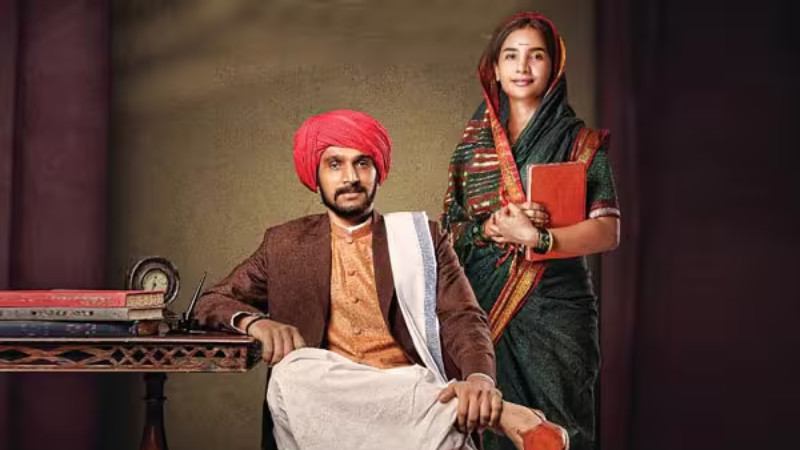
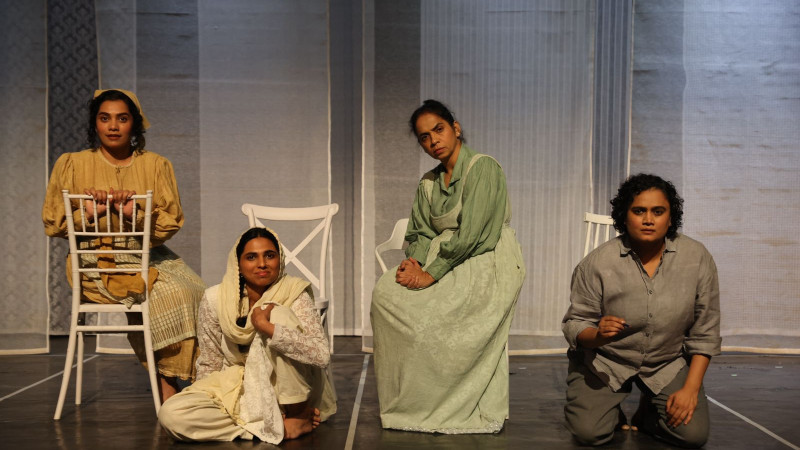
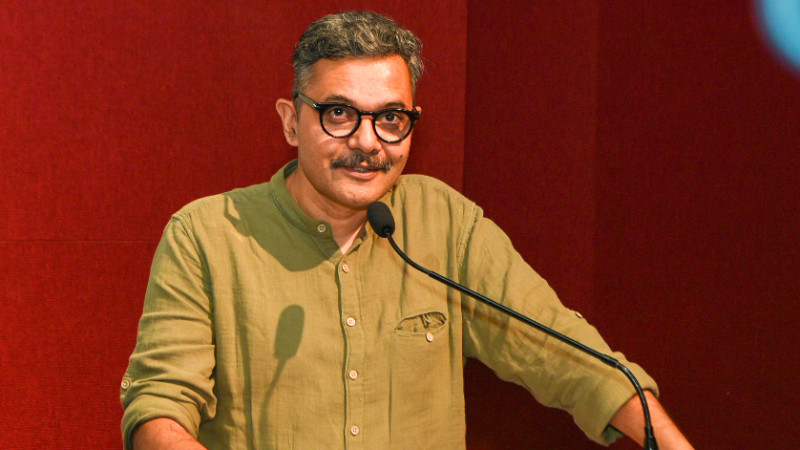
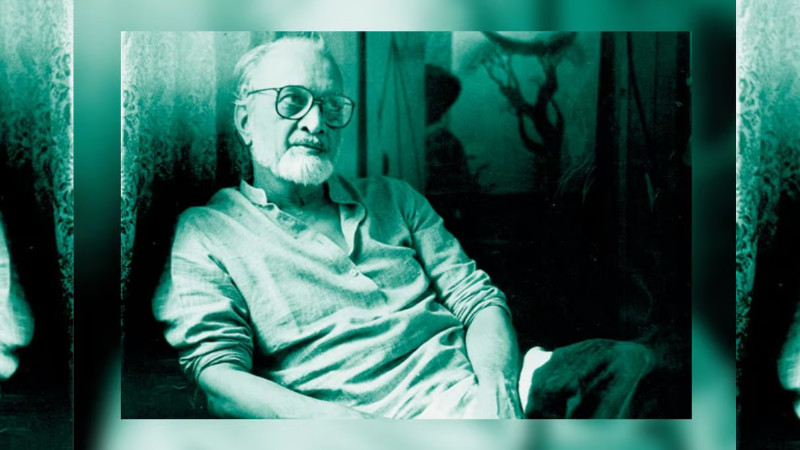
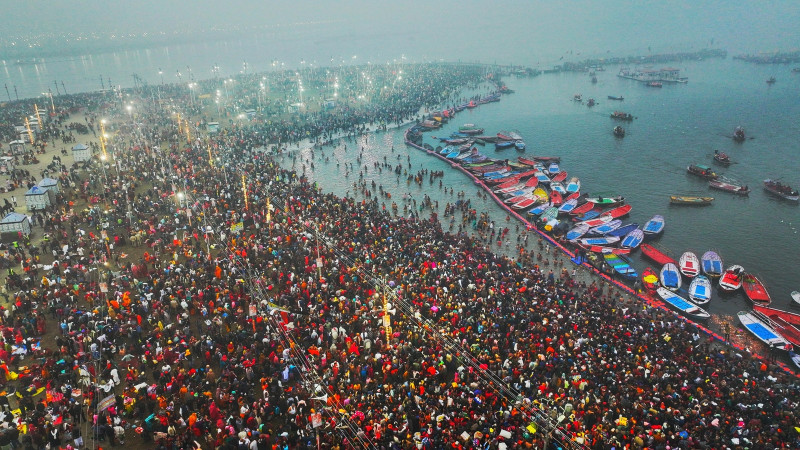
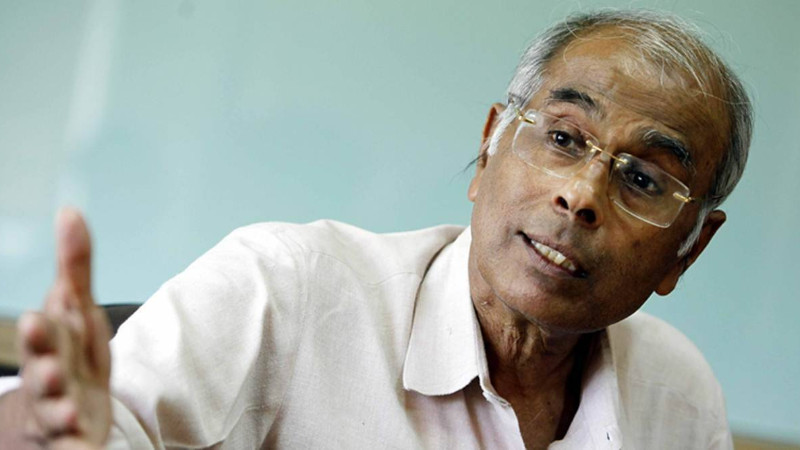





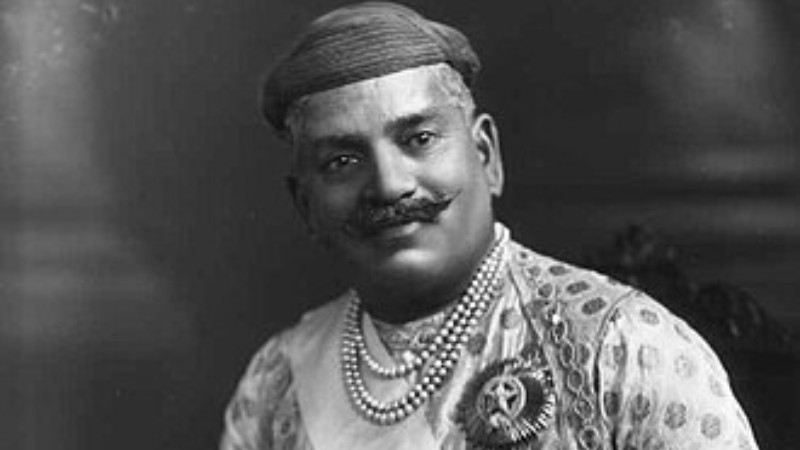


























Add Comment